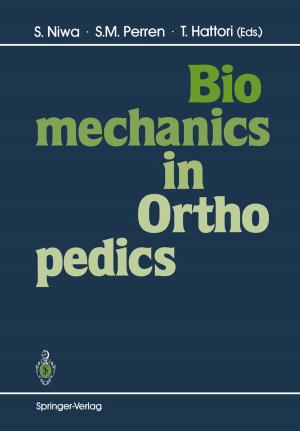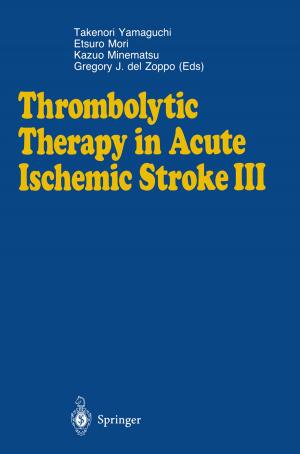Functionalized Redox Systems
Synthetic Reactions and Design of π- and Bio-Conjugates
Nonfiction, Science & Nature, Science, Chemistry, Organic, Technical & Industrial| Author: | ISBN: | 9784431553069 | |
| Publisher: | Springer Japan | Publication: | January 23, 2015 |
| Imprint: | Springer | Language: | English |
| Author: | |
| ISBN: | 9784431553069 |
| Publisher: | Springer Japan |
| Publication: | January 23, 2015 |
| Imprint: | Springer |
| Language: | English |
In this book the authors describe how they reproduced the redox functions of biocatalysts artificially. It includes the introduction and discussion of synthetic reactions via electron transfer, hybrid π-conjugated systems, and biorganometallic conjugates as novel redox systems. The work was conducted in pioneering fields based on redox systems, in synthetic organic chemistry, synthetic materials chemistry, and bioorganometallic chemistry. The step-by-step process is illustrated by the three major parts of the book: redox reactions (selective synthetic methods using metal-induced redox reactions), redox systems (design and redox function of conjugated complexes with polyanilines or quinonediimines and molecular bowl sumanene), and design of bioorganometallic conjugates to induce chirality-organized structures (bio-related structurally controlled systems). This systematic and up-to-date description will be of special interest to graduate students who are meeting the new challenges of chemistry, as well as to post-doctoral researchers and other practicing chemists in both academic and industrial settings.
In this book the authors describe how they reproduced the redox functions of biocatalysts artificially. It includes the introduction and discussion of synthetic reactions via electron transfer, hybrid π-conjugated systems, and biorganometallic conjugates as novel redox systems. The work was conducted in pioneering fields based on redox systems, in synthetic organic chemistry, synthetic materials chemistry, and bioorganometallic chemistry. The step-by-step process is illustrated by the three major parts of the book: redox reactions (selective synthetic methods using metal-induced redox reactions), redox systems (design and redox function of conjugated complexes with polyanilines or quinonediimines and molecular bowl sumanene), and design of bioorganometallic conjugates to induce chirality-organized structures (bio-related structurally controlled systems). This systematic and up-to-date description will be of special interest to graduate students who are meeting the new challenges of chemistry, as well as to post-doctoral researchers and other practicing chemists in both academic and industrial settings.















